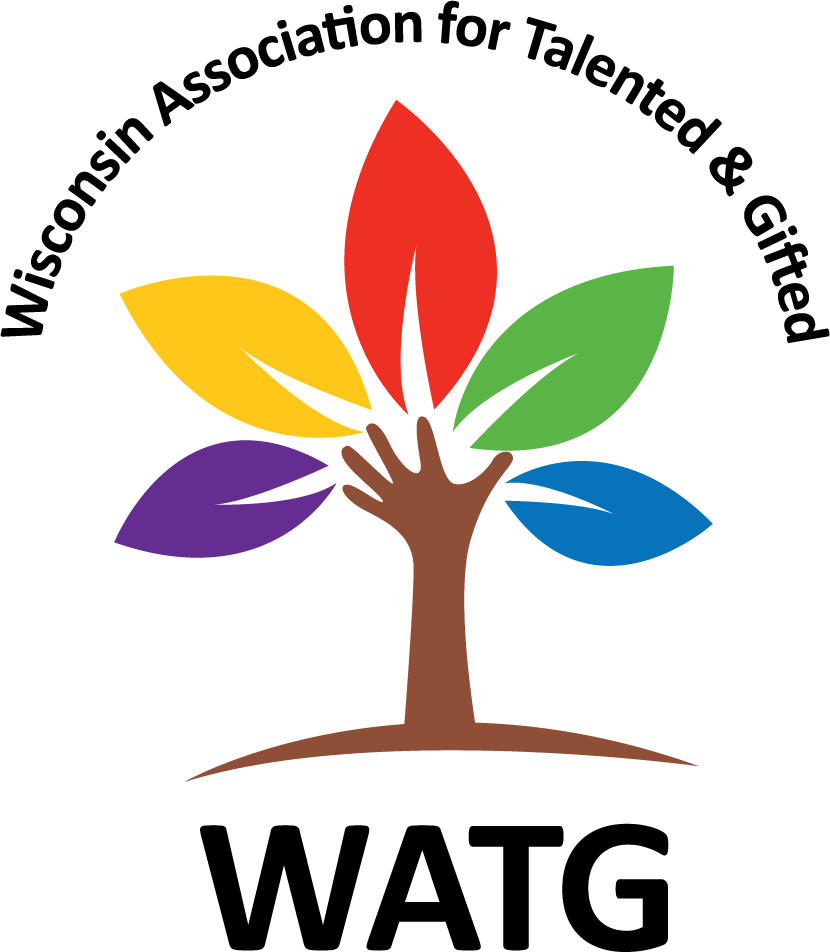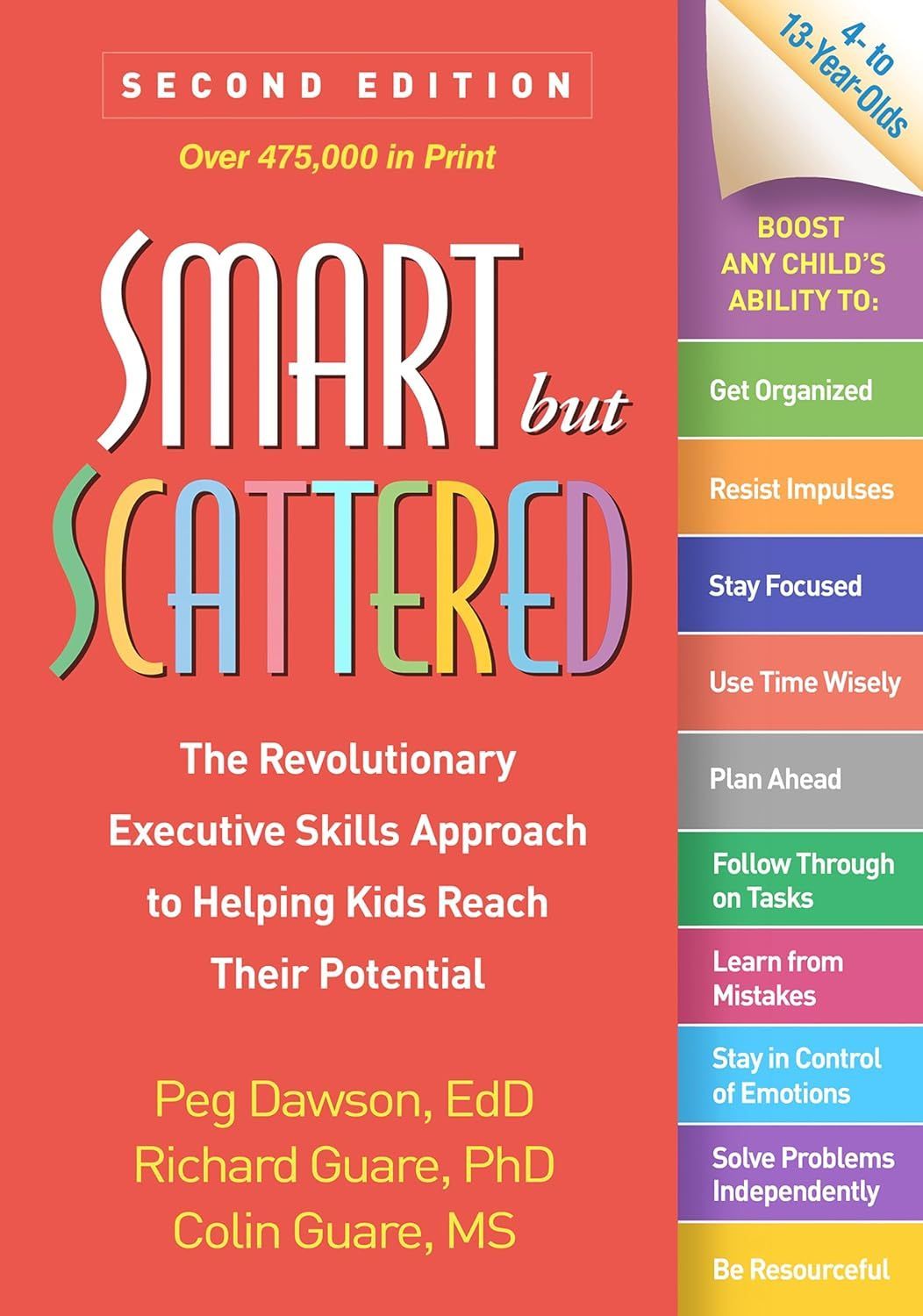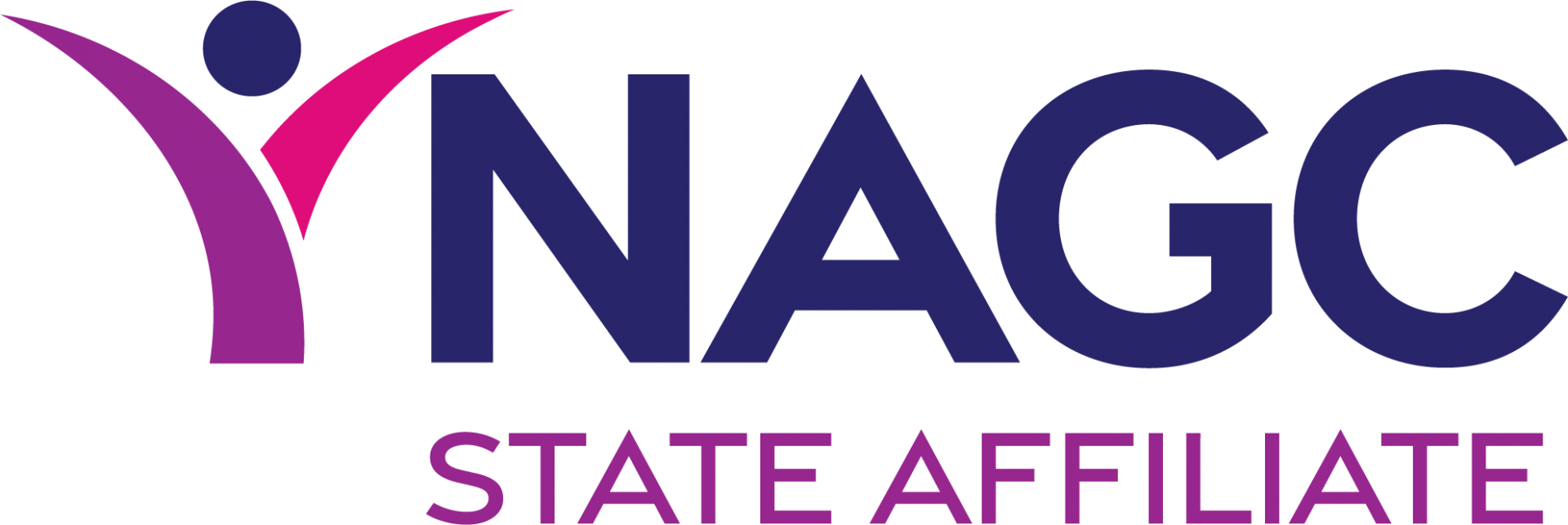Books for Parents of Gifted Learners
The Wisconsin Association for Talented and Gifted (WATG) is proud to offer Summer Scholarships to support gifted students in pursuing enriching educational experiences beyond the traditional classroom. These scholarships provide financial assistance for students to attend summer programs, camps, and other specialized learning opportunities that align with their unique talents and interests. Whether exploring STEM, the arts, leadership, or other advanced studies, our scholarships help ensure that all gifted students have access to meaningful growth experiences. WATG is committed to fostering the potential of Wisconsin's gifted youth by expanding access to high-quality learning opportunities.
As part of the application, students must submit either an essay or a video/multimedia presentation, along with one reference letter from a teacher or a non-family member. The essay or presentation should address the following:
- Personal background and advanced enrichment needs.
- A description of the summer program or class you wish to attend and the reasons for your interest in it.
- An explanation of why you believe you are a strong candidate for this scholarship.
Student Summer Scholarships
Logo Contest
Calling all creative K-12 students across Wisconsin! Each year, Wisconsin Association for Talented and Gifted invites students to design a logo for our Annual Conference, and we're excited to see your creativity shine.
Deadline Extended: April 15, 2025 at midnight
Theme for the 2025 Conference: Take a Chance on Gifted Education!
Conference Dates: October 5–7, 2025
Location: Wisconsin Dells
Size: No larger than 4" x 4"
Color: Black and white only
Adaptability: Must be scalable (use bold lettering and simple, non-intricate designs)
Submit your original logo design to help us represent this year's theme! Winning artwork will be featured in conference materials and recognized statewide.
How to Submit: Email your logo to watg@watg.org
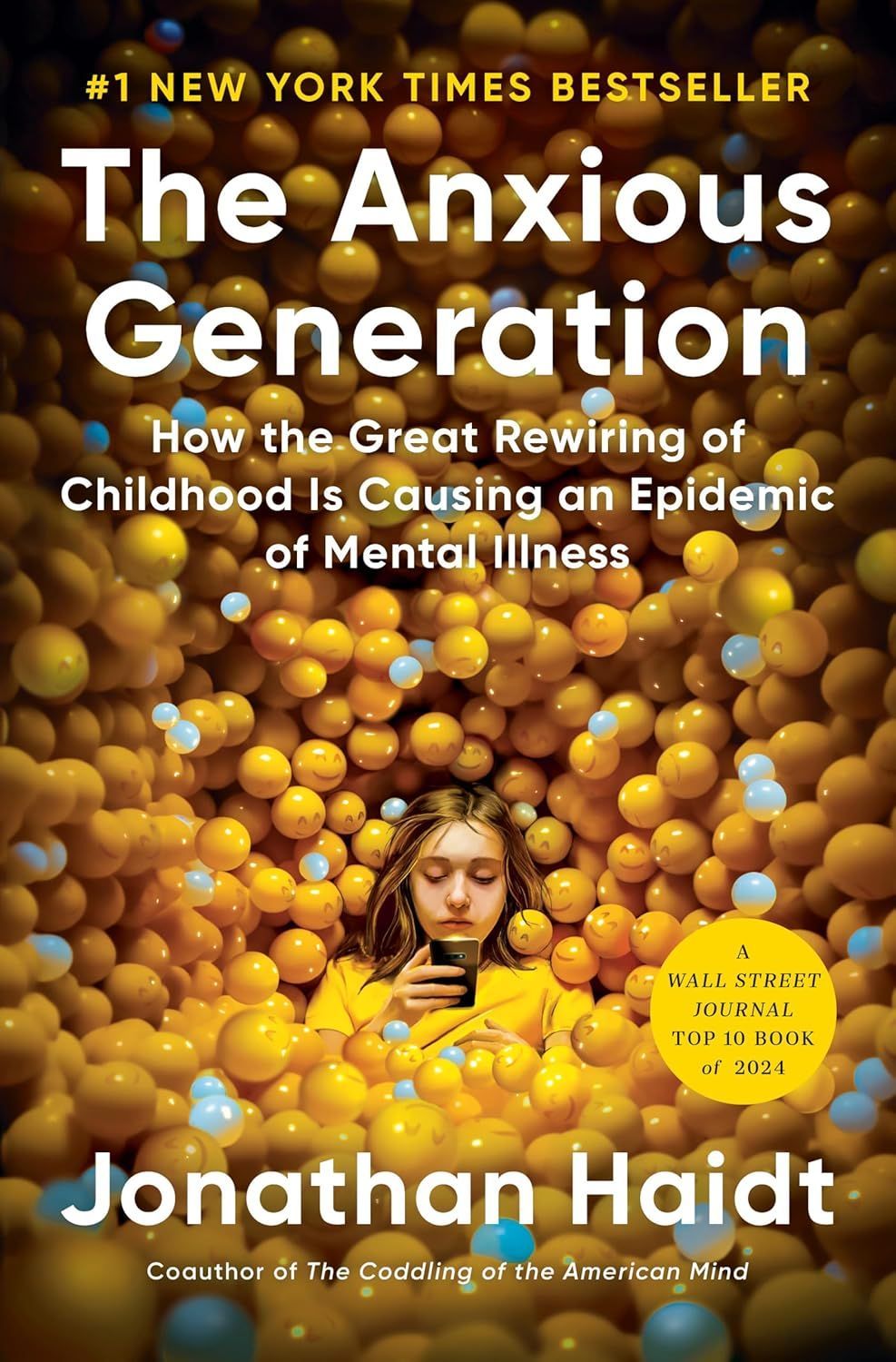
The Anxious Generation
Description: In this book, Jonathan Haidt argues that the rise of smartphones, social media, and overprotective parenting has “rewired” childhood and contributed to a mental health crisis in youth.
Why It’s Great for Gifted Students: Gifted kids often feel intense social pressure; this book helps explain broader societal stressors (like tech and mental health) that may especially affect them.
Ideal for: Parents, educators, and policymakers
Link: https://amzn.to/3K9aqgV
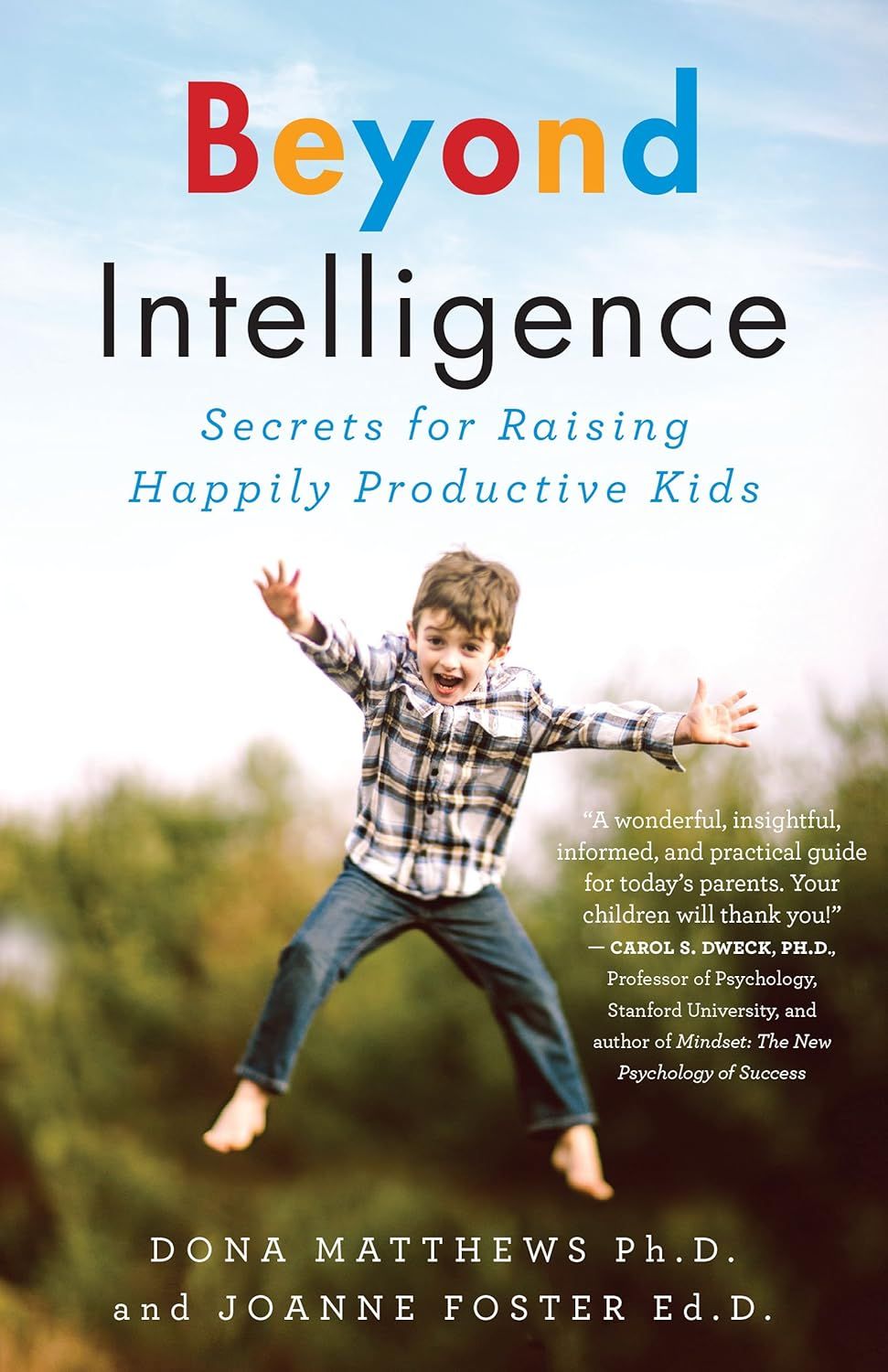
Beyond Intelligence
Description: Matthews and Foster blend research with practical guidance to help adults raise capable, confident, and well-adjusted young people. They explore how to nurture children’s abilities through supportive relationships, healthy habits, and meaningful learning experiences.
Why It’s Great for Gifted Students: It focuses on developing potential without pressure and provides insight into the emotional and cognitive needs of advanced learners.
Ideal for: Parents, caregivers, counselors, and educators of gifted or high-ability children
Link: https://amzn.to/49JKUt2
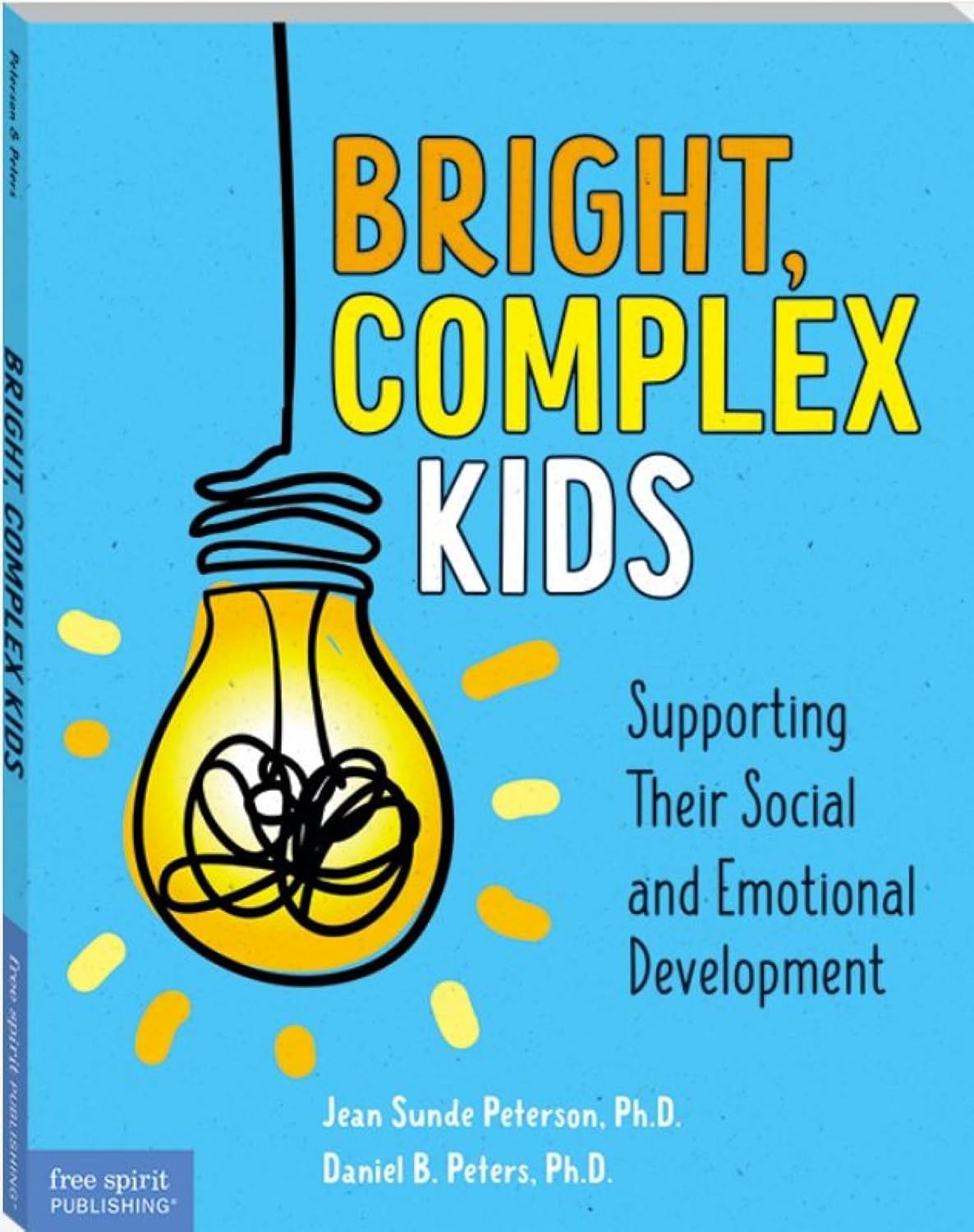
Bright, Complex Kids
Description: This book examines the inner lives of intense, asynchronous, and highly perceptive children, offering tools for understanding their behaviors and strengths. It includes real-world examples and supportive strategies for home and school.
Why It’s Great for Gifted Students: It addresses perfectionism, anxiety, sensitivity, and the complexities of advanced cognition.
Ideal for: Parents, teachers, school psychologists, and counselors
Link: https://amzn.to/48IZz6E
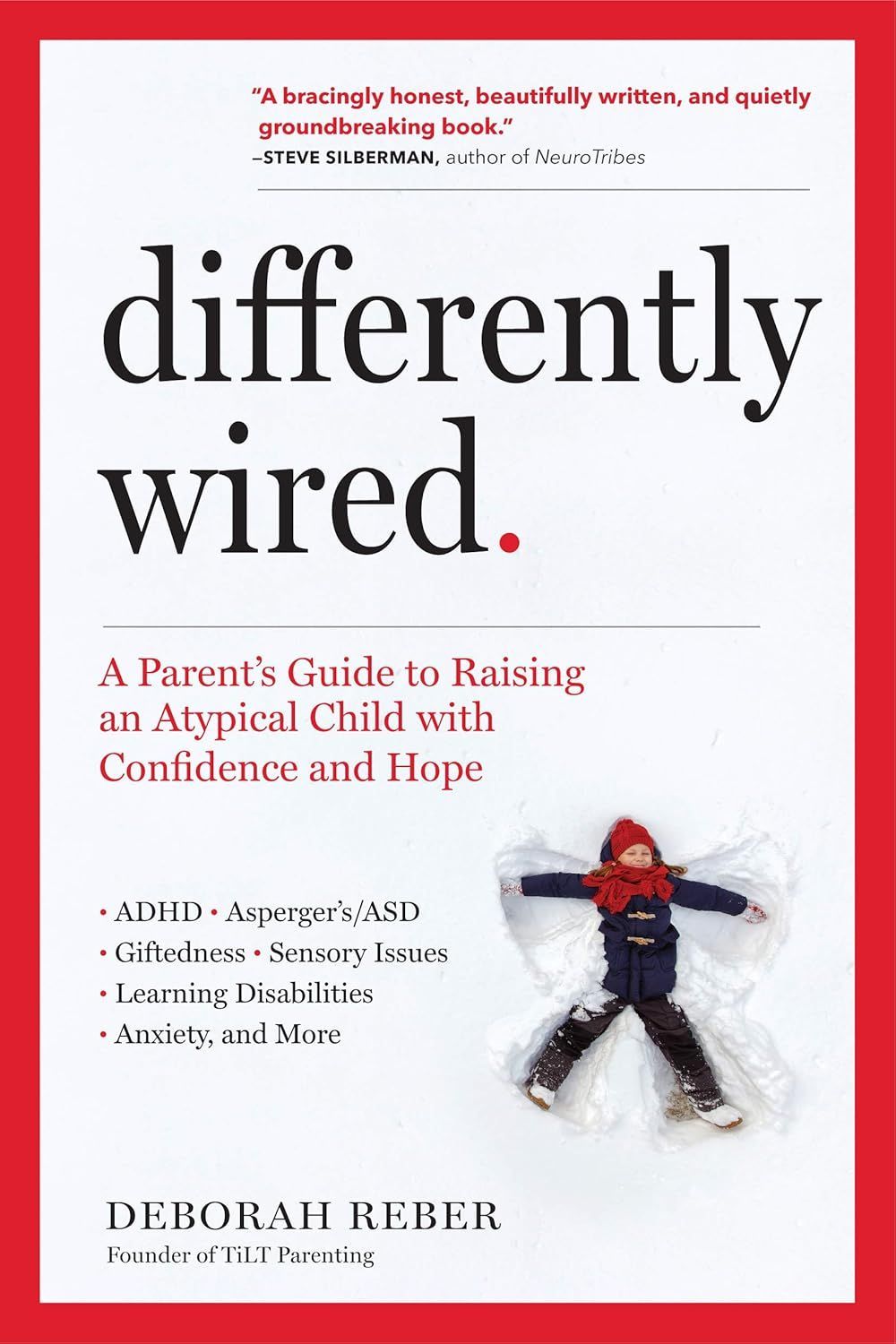
Differently Wired
Description: Deborah Reber offers support and practical shifts (18 “tilts”) for parenting neurodivergent and twice-exceptional children – those who are gifted, have ADHD, autism, anxiety, or other neuro‑differences.
Why It’s Great for Gifted Students: It validates neurodiversity, encourages strength-based parenting, and helps parents lean into their child’s unique wiring rather than force conformity.
Ideal for: Parents of 2e (twice-exceptional) children, neurodiverse parents, and educators
Link: https://amzn.to/4oSvtU9
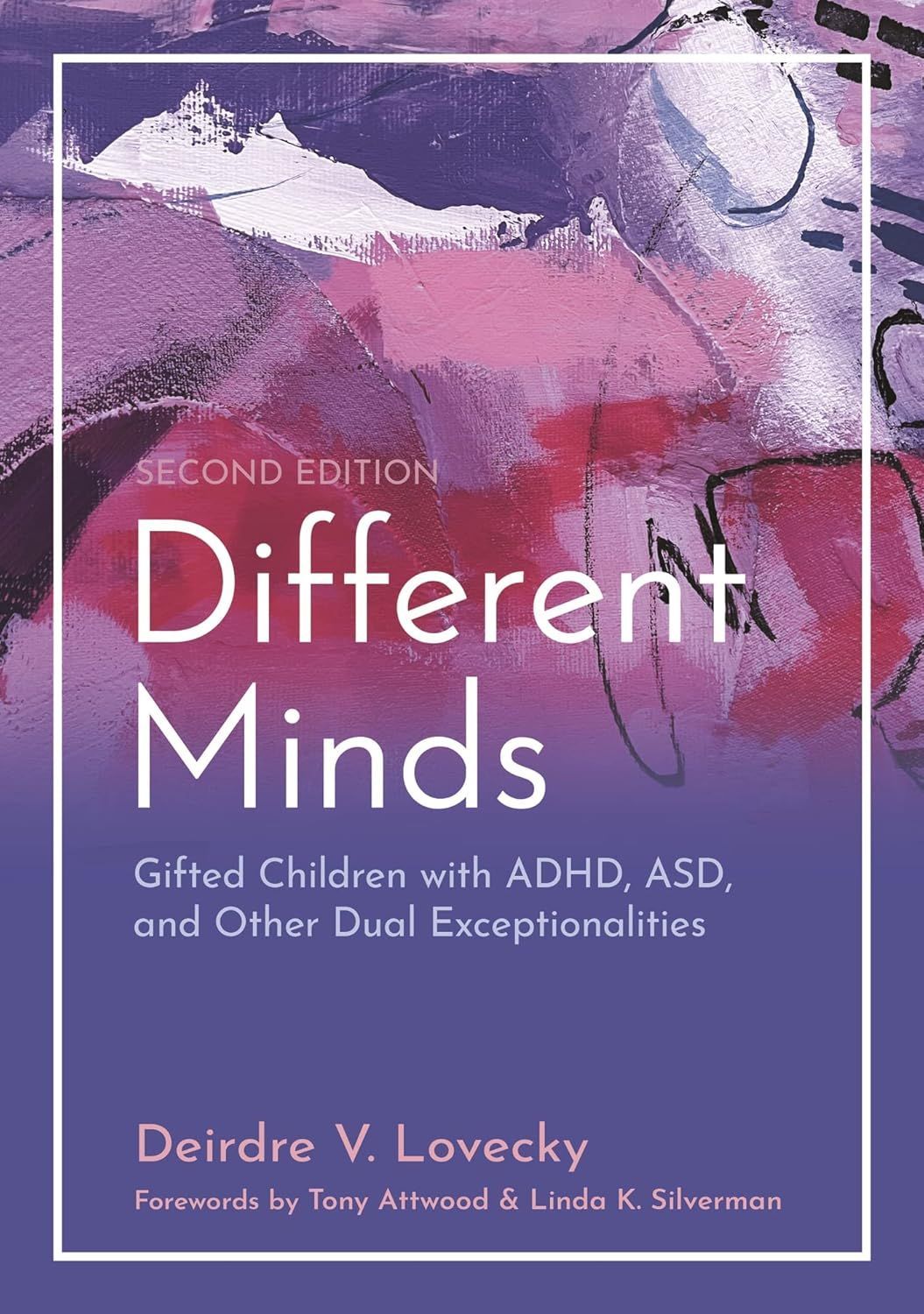
Different Minds
Description: Lovecky provides a deep, research-based look at children who are both gifted and neurodivergent, including those with ADHD, autism spectrum profiles, and other exceptionalities.
Why It’s Great for Gifted Students: It offers affirming, strengths-based perspectives on twice-exceptional (2e) learners and practical ways to support them at home and in school.
Ideal for: Parents, clinicians, educators, and anyone working with 2e children
Link: https://amzn.to/3XuldW2
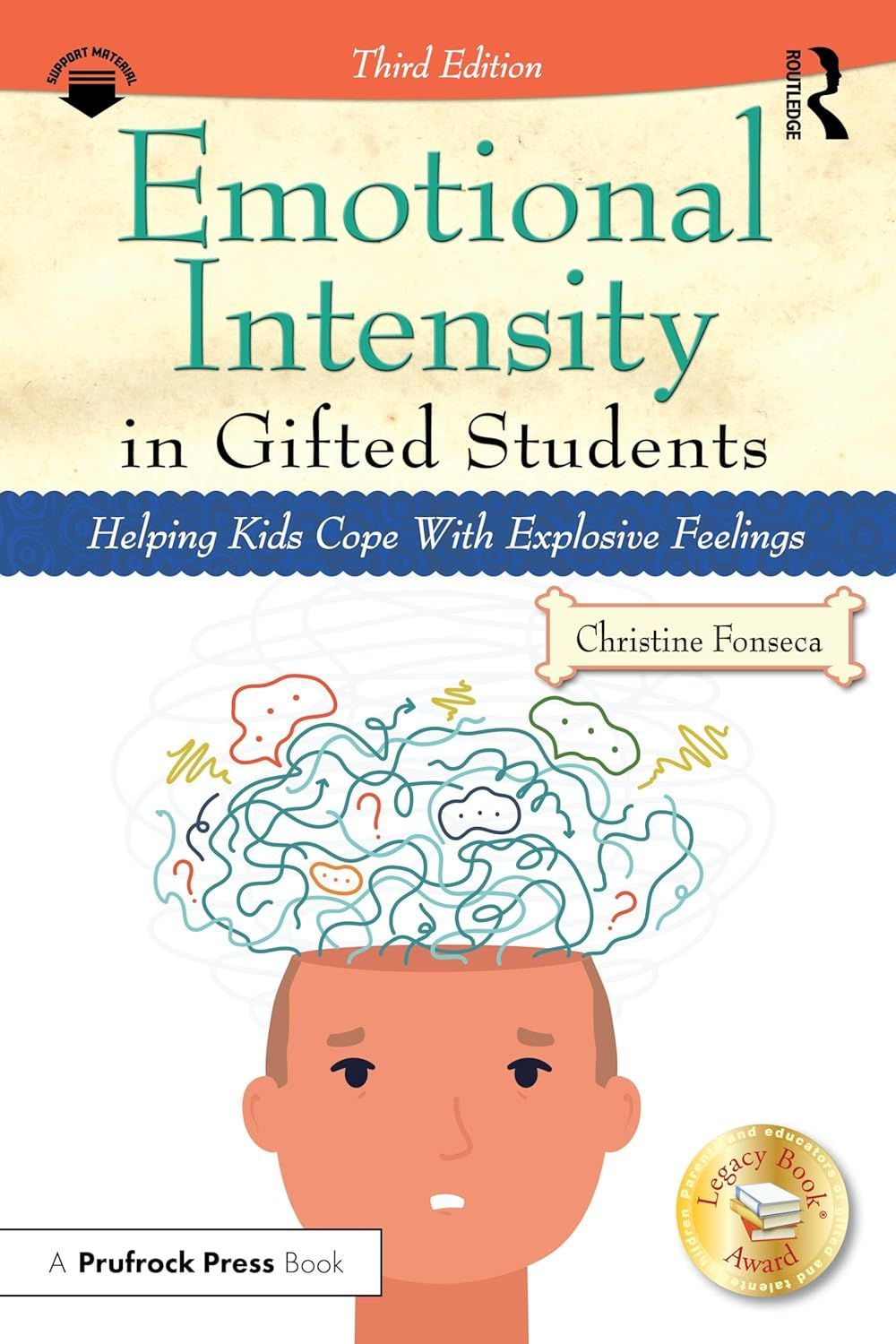
Emotional Intensity in Gifted Students
Description: This book helps parents and educators understand the emotional highs and lows of gifted children and provides strategies (role‑plays, worksheets) to manage them.
Why It’s Great for Gifted Students: Gifted learners often have deep, complex emotional lives. This book gives tools to harness that intensity positively, rather than it becoming overwhelming.
Ideal for: Parents, counselors, teachers, and psychologists
Link: https://amzn.to/48161WF
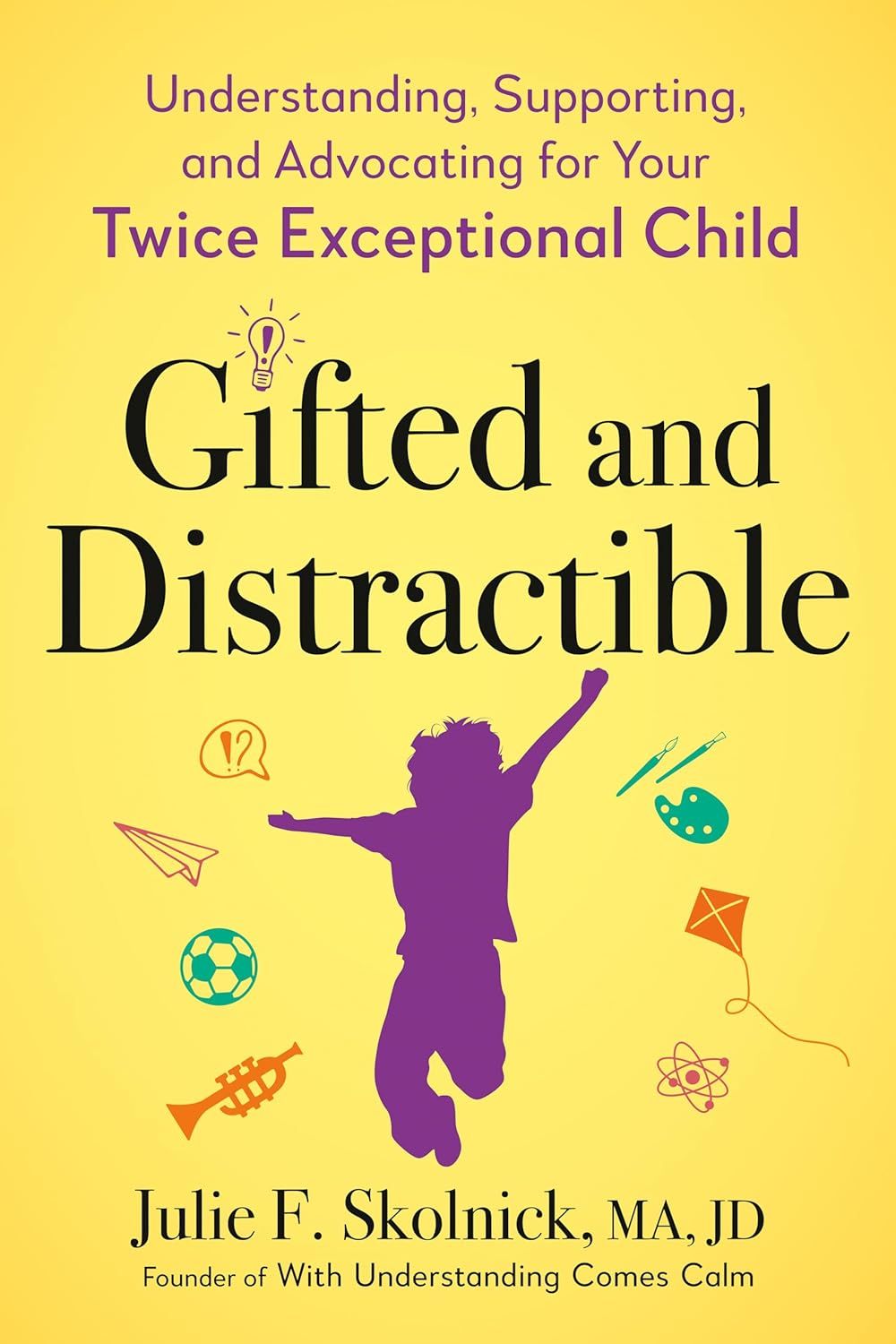
Gifted and Distractible
Description: Gifted and Distractible focuses on supporting gifted children with attention difficulties or ADHD, offering strategies for academic success and emotional well-being. It helps parents and educators address the unique intersection of high ability and distractibility.
Why It’s Great for Gifted Students: Addresses the unique intersection of high intelligence and distractibility, offering strategies tailored to their strengths and challenges.
Ideal for: Parents, educators, and specialists of gifted children who struggle with attention and focus
Link: https://amzn.to/3MvFrfD
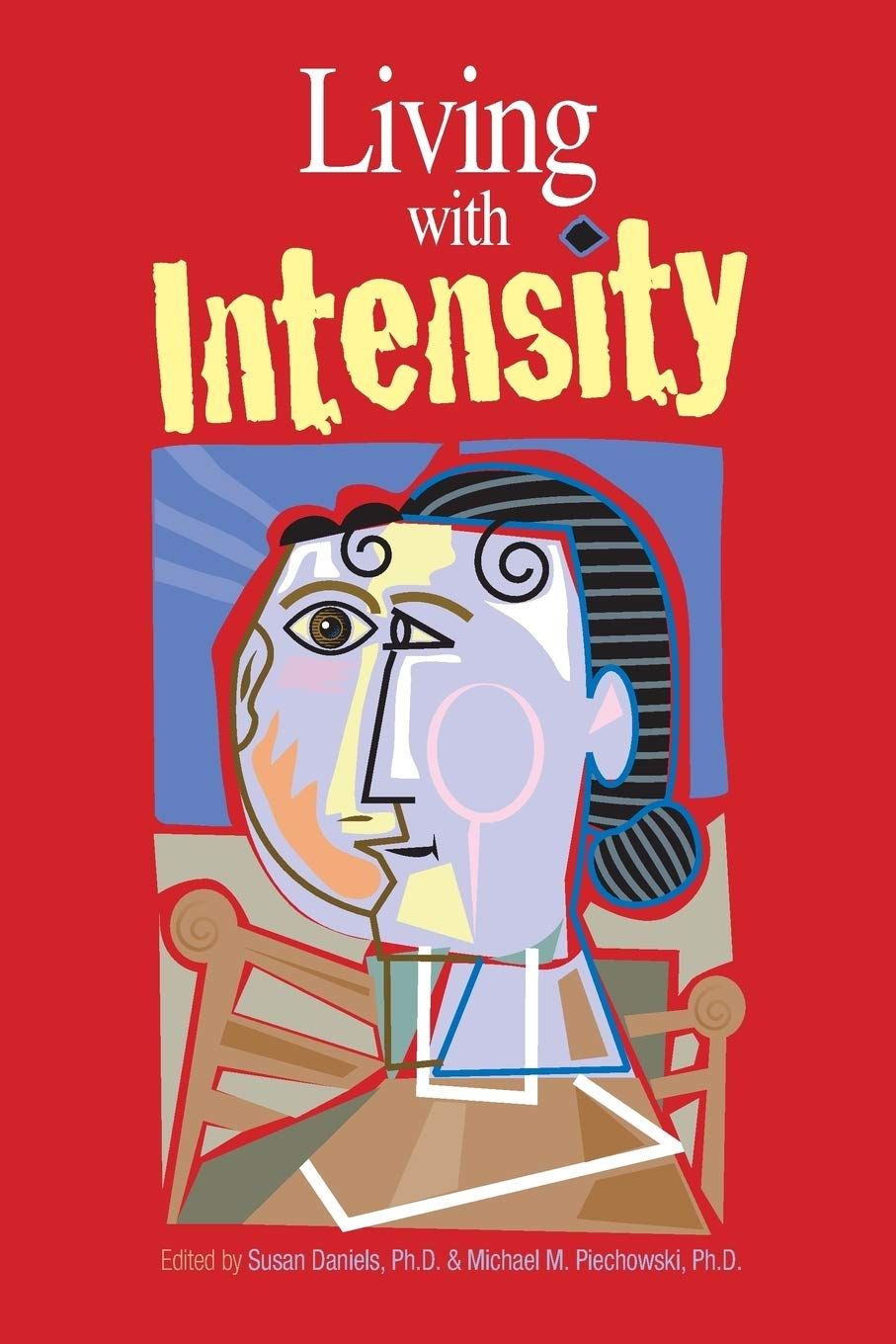
Living with Intensity
Description: This book explains overexcitabilities and emotional intensity in gifted individuals and provides strategies for supporting children’s social-emotional needs. It helps families embrace sensitivity as a strength rather than a challenge.
Why It’s Great for Gifted Students: It validates their big feelings and helps adults respond with empathy and understanding, fostering healthier emotional development.
Ideal for: Parents and caregivers of emotionally intense or highly sensitive gifted children
Link: https://amzn.to/48JVJKA
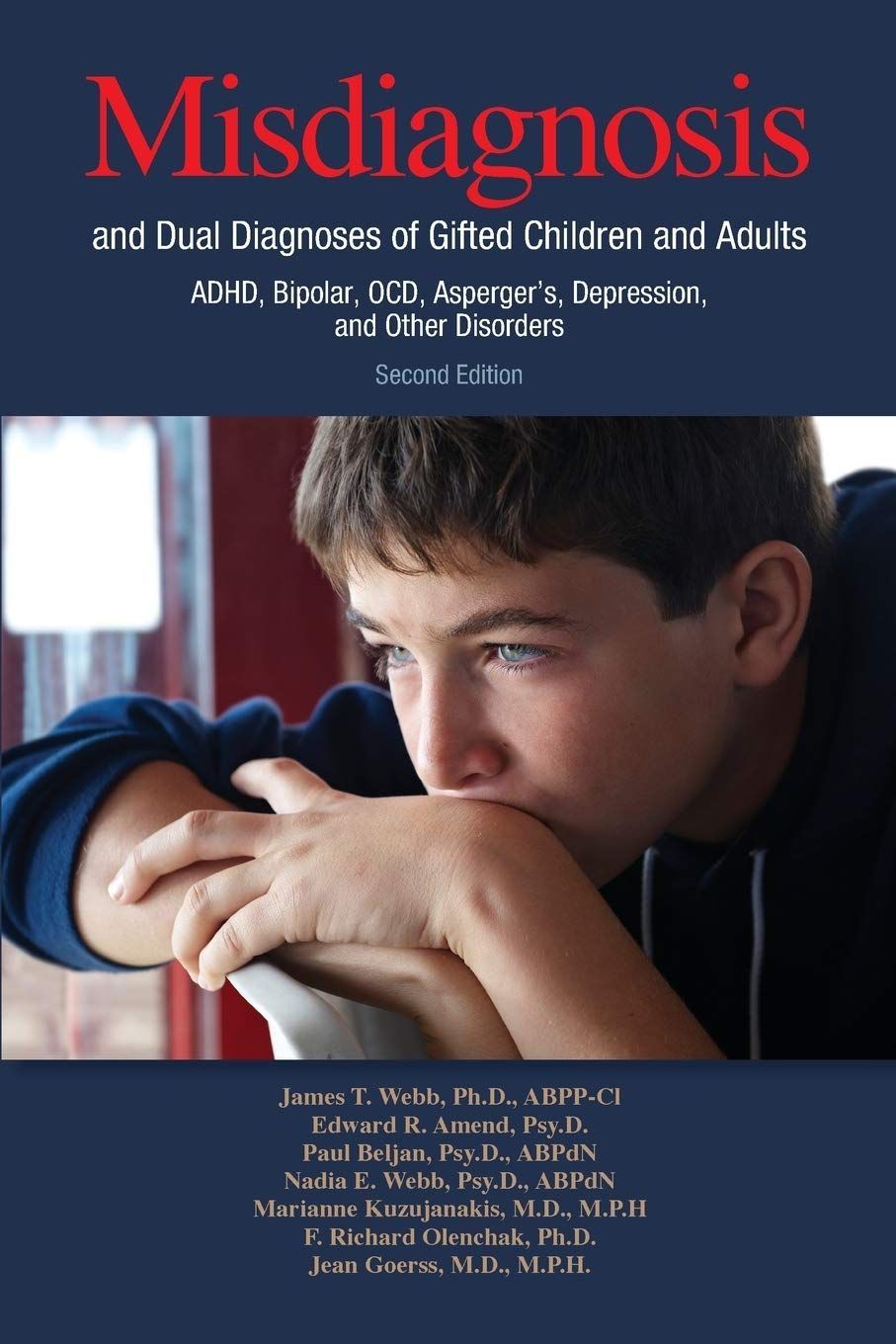
Misdiagnosis and Dual Diagnoses of Gifted Children and Adults
Description: This essential guide helps distinguish gifted characteristics from clinical disorders and explores how giftedness can mask or mimic other diagnoses.
Why It’s Great for Gifted Students: It protects gifted learners from being misunderstood and ensures they receive appropriate support for both strengths and challenges.
Ideal for: Parents, psychologists, pediatricians, educators, and mental health professionals
Link: https://amzn.to/441l3ZV

The Overachievers
Description: Alexandra Robbins profiles high school students under immense pressure to excel academically, exploring the cost of overachievement: stress, burnout, and mental health risks.
Why It’s Great for Gifted Students: It is a cautionary look at the “achievement trap” many gifted students fall into, highlighting the importance of balance and self-care.
Ideal for: Gifted teens, their parents, and educators
Link: https://amzn.to/4o76prg
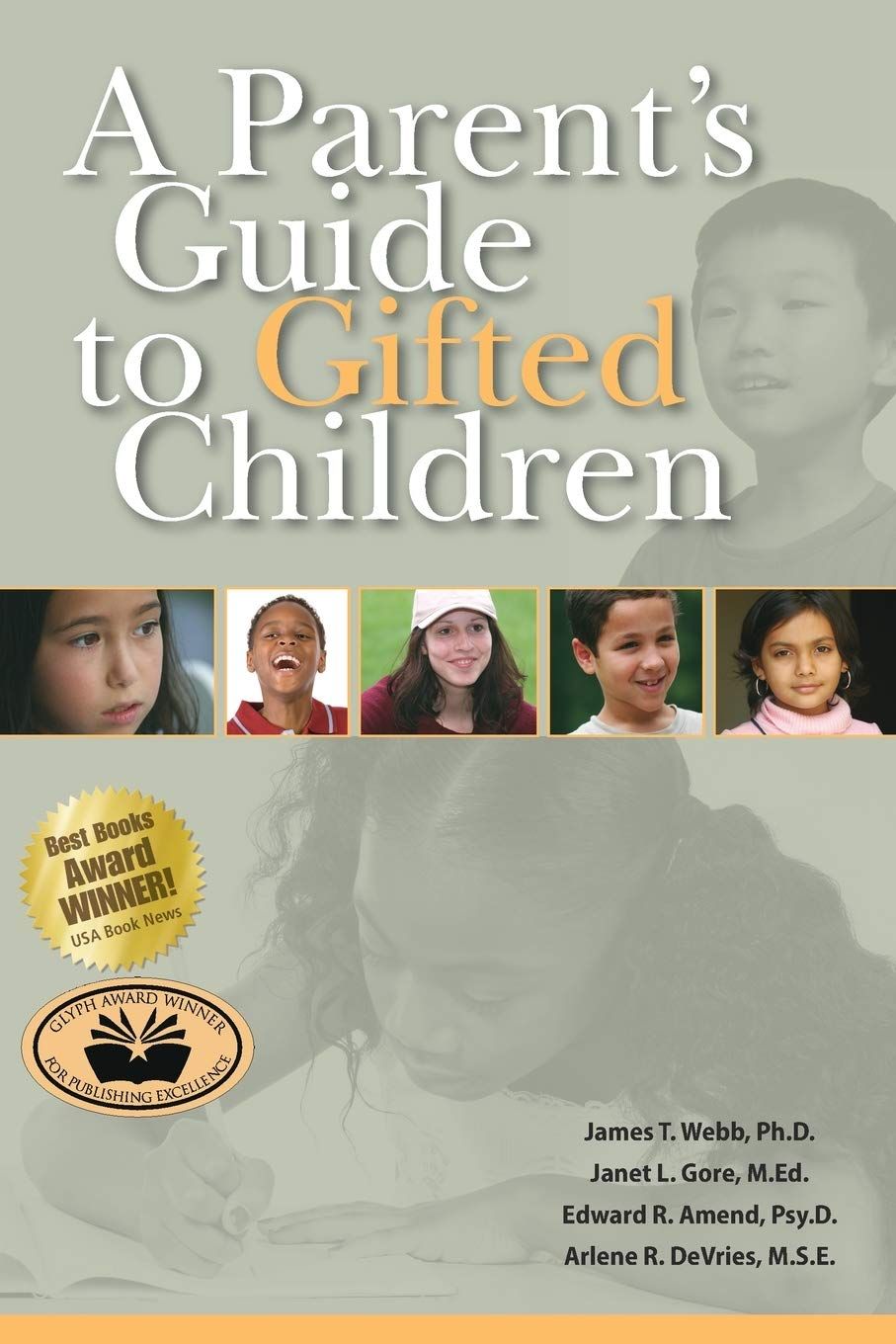
A Parent's Guide to Gifted Children
Description: A comprehensive guide written for parents, addressing the intellectual, social, and emotional lives of gifted and twice-exceptional learners. Covers topics like self-regulation, advocacy, and finding support.
Why It’s Great for Gifted Students: It is considered a foundational resource for understanding gifted children and supporting their unique needs.
Ideal for: Parents, caregivers, and GT program coordinators
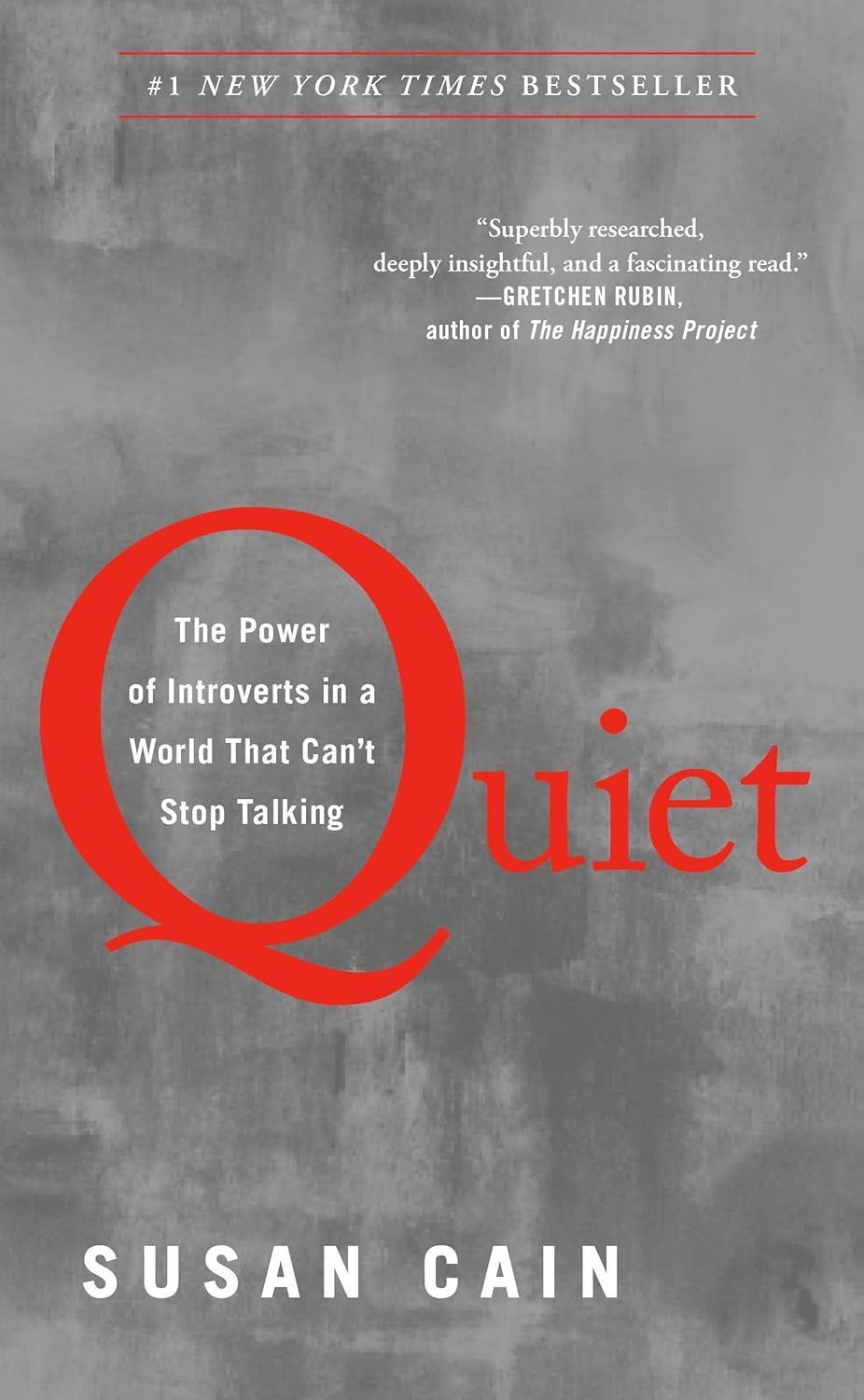
Quiet
Description: Susan Cain’s influential work celebrating introverts, arguing for the power of quiet reflection in a society that often favors extroversion.
Why It’s Great for Gifted Students: Many gifted students are introverted. This book affirms their strengths and offers insight into how they can thrive.
Ideal for: Gifted introverts, their parents, teachers, and anyone who wants to understand the introvert temperament
Link: https://amzn.to/4o6MIjh
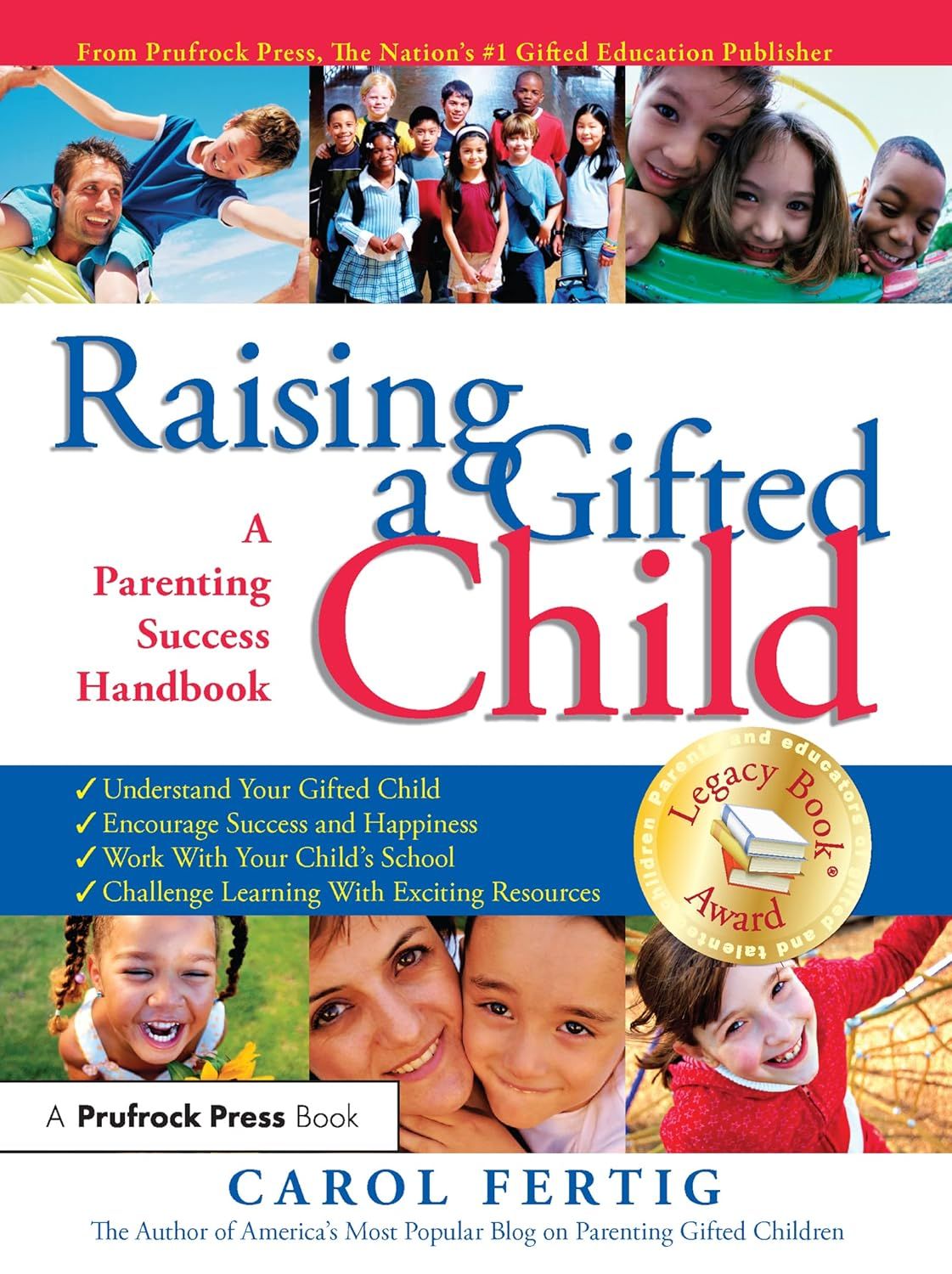
Raising a Gifted Child
Description: Fertig offers a comprehensive and accessible guide to understanding gifted characteristics, navigating school systems, and supporting talent development.
Why It’s Great for Gifted Students: It empowers parents to advocate effectively and provides strategies for nurturing children’s strengths while supporting their emotional well-being.
Ideal for: Parents and caregivers new to giftedness or seeking practical, day-to-day guidance
Link: https://amzn.to/3M2VkdD
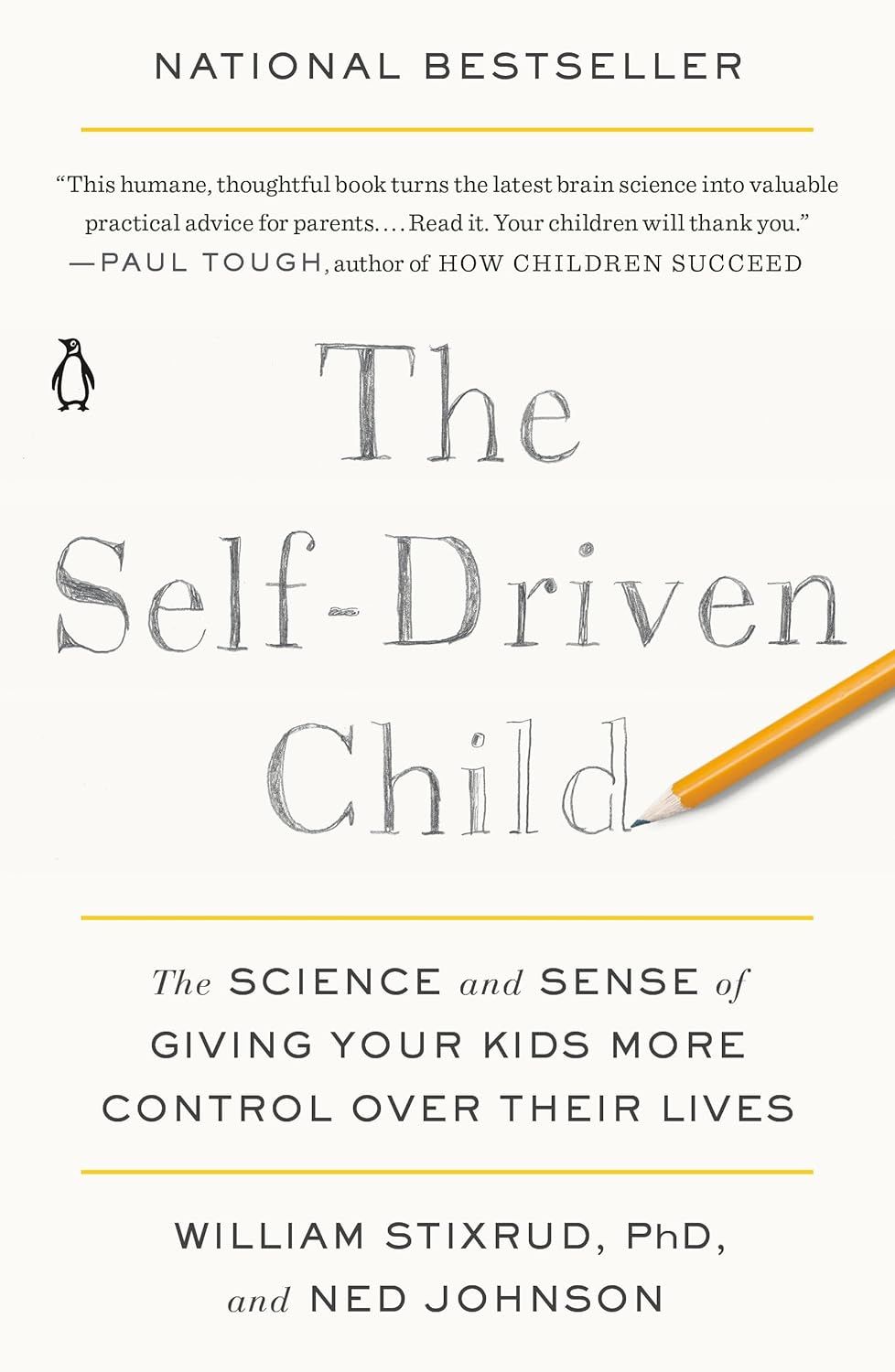
The Self-Driven Child
Description: William Stixrud and Ned Johnson propose giving children more control over their lives to reduce anxiety and boost motivation, backed by neuroscience and research.
Why It’s Great for Gifted Students: Gifted children often face high expectations; this book helps build autonomy and self-motivation, rather than dependence on external validation.
Ideal for: Parents of adolescents, educators, and counselors who want to empower kids in a high-pressure world
Link: https://amzn.to/4rfW0MS
Smart but Scattered
Description: A practical guide for parents and educators to help children develop executive function skills like planning, organization, and self-regulation.
Why It’s Great for Gifted Students: Many gifted kids struggle with executive functioning despite high academic potential; this book offers strategies to support them.
Ideal for: Parents, GT coordinators, school psychologists
Link: https://amzn.to/4rbDDbH
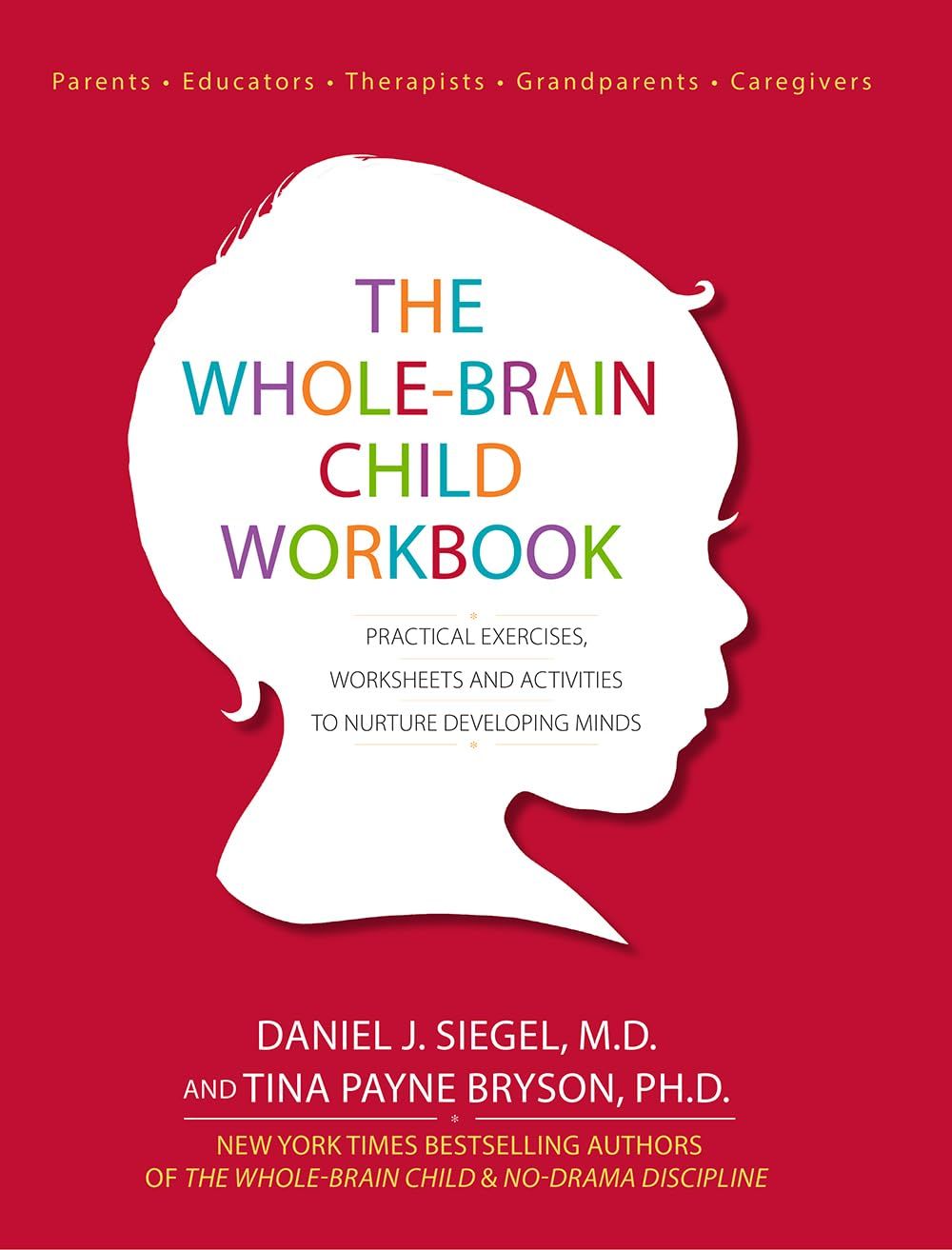
The Whole-Brain Child
Description: Daniel J. Siegel and Tina Payne Bryson combine neuroscience and parenting, offering 12 strategies to help children integrate different parts of their brain for better emotional regulation.
Why It’s Great for Gifted Students: Many gifted kids experience emotional overwhelm; these brain-based tools help them develop resilience, self-awareness, and healthy regulation.
Ideal for: Parents, teachers, and counselors of children (especially younger) who want to support social-emotional growth
Link: https://amzn.to/4oKe0gs
